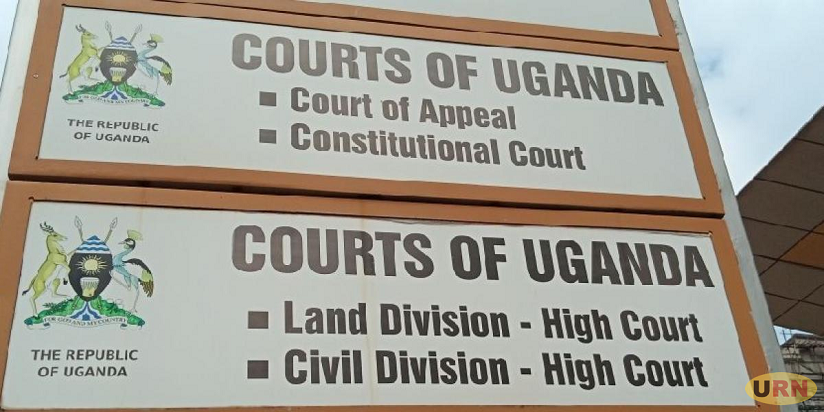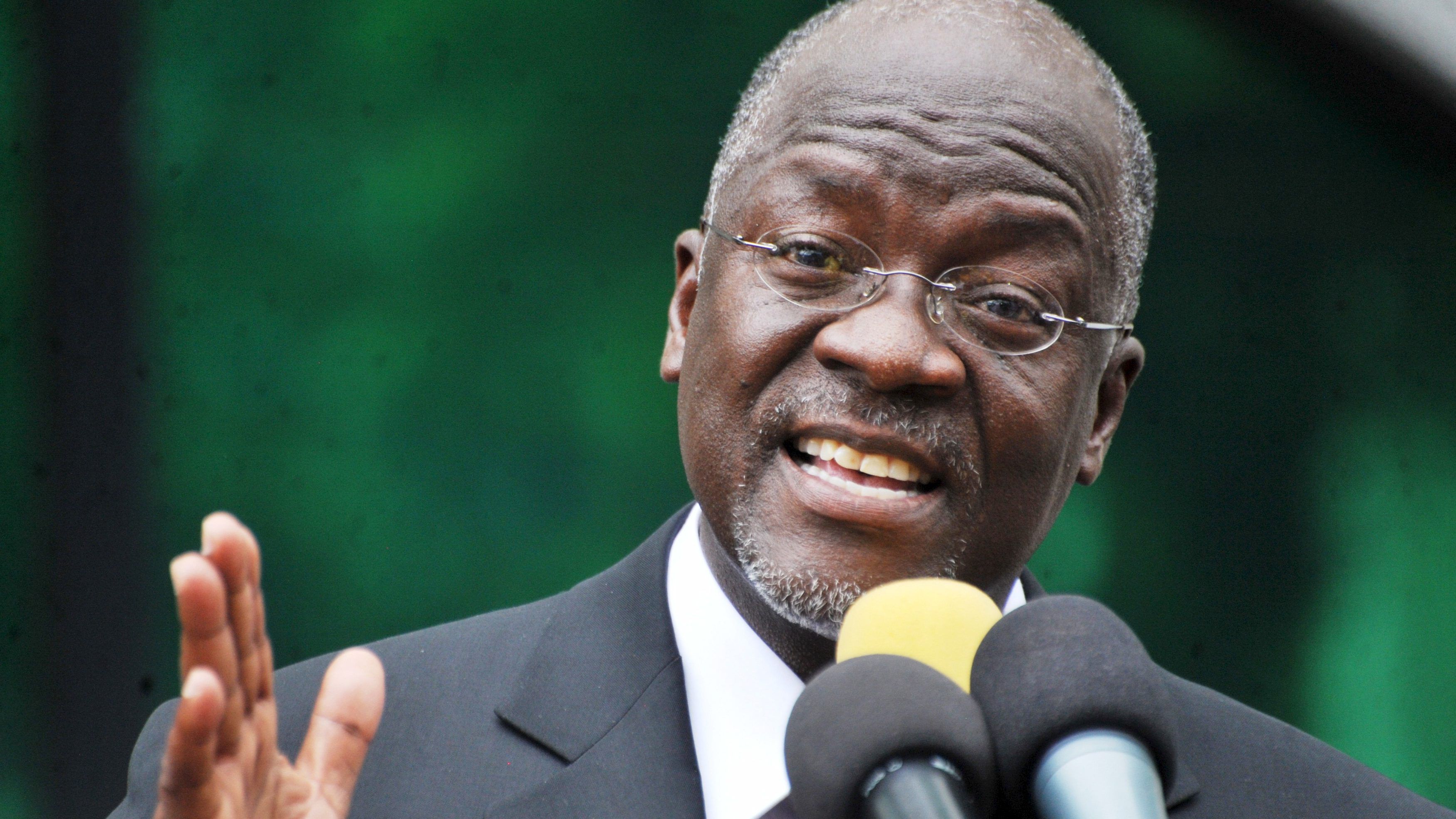The Uganda National Bureau of Standards (UNBS) has called upon all importers of Liquefied Petroleum Gas (LPG), owners of LPG Cylinder filling plants, Owners of LPG outlets, LPG dealers to adhere to the legal provisions.
According to UNBS, the legal provisions re enshrined under the Weights and Measures Act (Cap 103) section 26 and 27, the Weights and Measures (Sale and Labeling of Goods) rules 2007, Statutory Instrument No.36 2007 and the weights and Measures (Sale and Labeling of goods) (Amendment) Rules, 2020. Statutory Instrument No. 103.
This follows complaints from the public about under-filling of LPG cylinders, which leaves the consumers cheated because they get less than what they actually pay for.
A market survey done by UNBS in 2020 in areas of Kampala, Wakiso and Mukono shows that 35% of the LPG importers, owners of LPG Cylinder filling plants, Owners of LPG outlets and other LPG dealers are trading contrary to the Weights and Measures (Sale and Labeling of Goods) rules 2007, Statutory Instrument No.36 2007.
Rule 8 of the Weights and Measures (Sale and Labeling of Goods) rules 2007, Statutory Instrument No.36 2007 provides that the goods should be labelled with; the Name and address of the manufacturer of the goods and where the goods are not prepackaged by the manufacturer, the particulars of the person responsible for the packing should be indicated; the common or generic name of the goods contained in the package and the weight or measure of goods contained in the package and other matters.
Furthermore, UNBS explains that clause 7 of the Uganda Standard US 971:2019 Liquefied Petroleum Gases (LPG) – Specification requires the LPG cylinders to be clearly labelled with; the supplier’s name or brand name or trade mark, the product name as ‘LPG’, type of Liquefied Petroleum Gas (LPG) supplied, that is, commercial propane, commercial butane or commercial propane butane mixture, batch/lot number, net weight in Kilograms (K g)
Precautionary labels that apply to safety and proper handling of LPG in accordance with US ISO 7225 and expiry date.
The survey further revealed that a number of declarations on the gas cylinders are not explained for example the net weight labelled is not specified to whether it’s the Net weight, Tare weight or Gross weight and that there are inconsistencies in labeling even amongst cylinders of the same quantity from the same company.
According to the UNBS survey, most of the gas cylinders did not have the product name ‘LPG’ that is a mandatory requirement for all such products.
Absence of names and addresses of dealers of the various brands on the gas cylinders was also reported while the Net quantity, Tare weight and Gross weight were of the same font size, which should not be the case with respect to the statutory instrument.
Also, according to findings of the survey, either the labeling is done by engraving or marking paint as a marker, however, UNBS says that the size of the characters engraved could hardly be read because they are so small while some are not visible due to vanished body paint.
UNBs says that several companies mark inconsistently with some labeling on top of the gas cylinders, others on the handles and on the sides of the cylinder which contradicts Rule 8, sub rule 5(a) of the Weights and Measures Sale and Labelling of Goods Rule no. 36 of 2007.
“UNBS therefore notifies all stakeholders in the LPG industry to take corrective action as soon as possible, ahead of the enforcement of the quality standards by UNBS, which is expected to commence with immediate effect,” UNBS statement reads, urging the public to “look out for the details above when purchasing Liquefied Petroleum Gas (GAS) and report dealers of substandard products to UNBS.”





